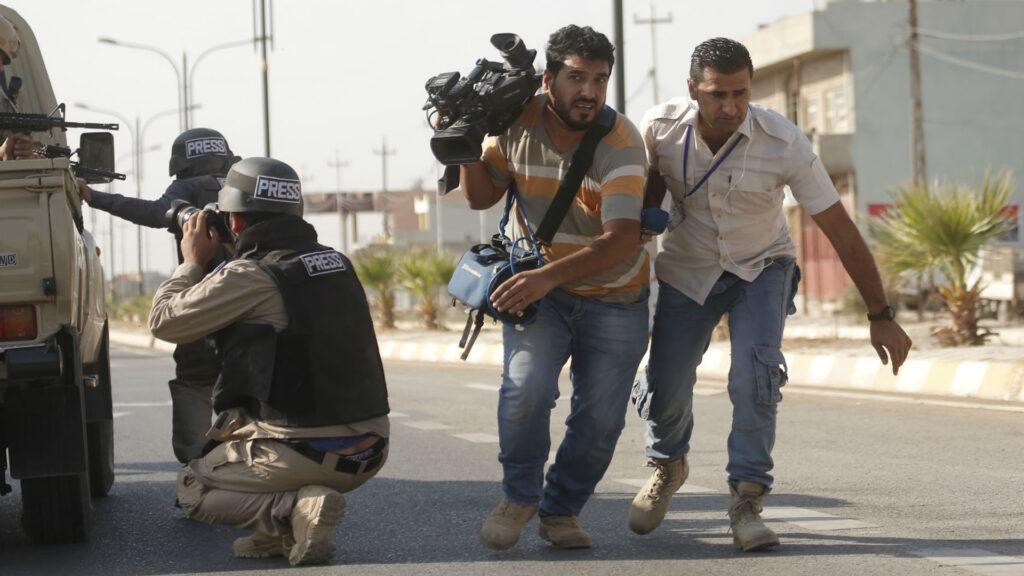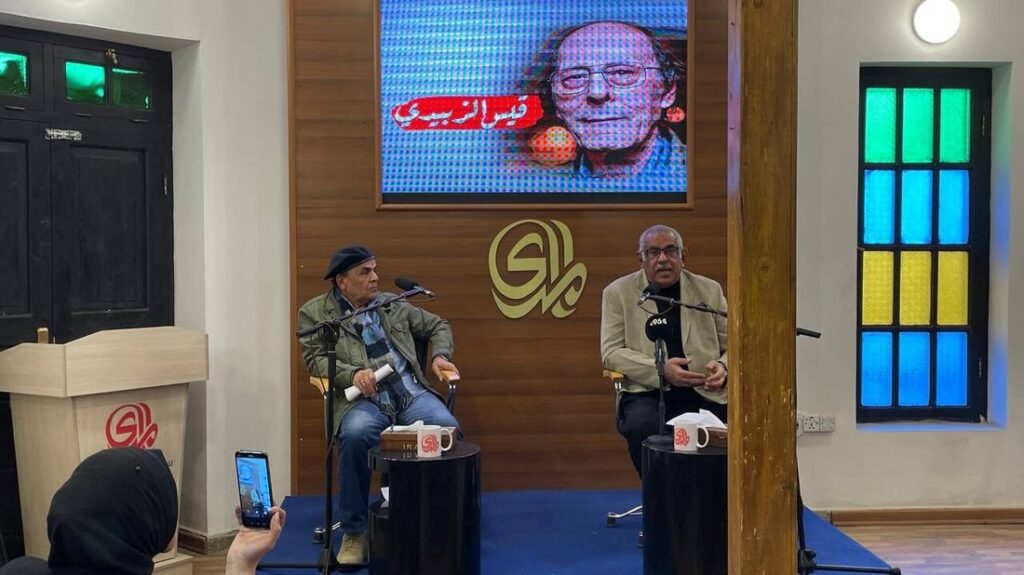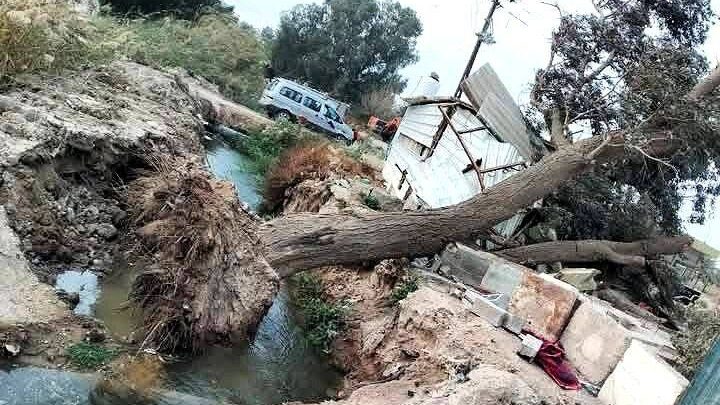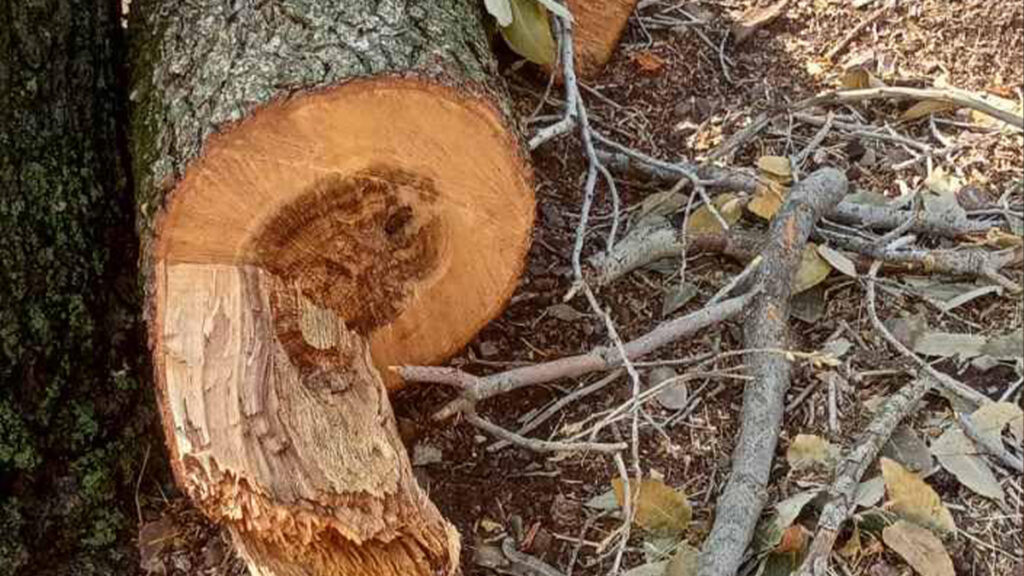KDP’s Kurdistan security council rejects claims of involvement in PKK leader’s killing

KDP’s Kurdish security council blames PKK for conflict in Iraqi Kurdistan
HEWLÊR-Erbil, Iraq’s Kurdistan region,— The Kurdistan Region’s Security Council KRSC for the KDP-controlled areas of Iraqi Kurdistan on Tuesday blamed the Kurdistan Workers’ Party (PKK) for conflict and fights in the Kurdistan region.
KRSC said in a statement that the PKK presence in some areas of the Kurdistan region was the “main reason of dragging war and conflict” into the region.
It is known that KDP and the Barzanis have close ties with Turkish government.
The KRSC on Tuesday categorically rejected accusations of being involved in killing a senior PKK leader, recently targeted by Turkish airstrikes carried out on Iraqi Kurdistan soil.
The Turkish airstrikes in question targeted and killed senior PKK leader Diyar Gharib Mohammed, along with two other fighters in Iraqi Kurdistan’s Qandil Mountains.
PKK-affiliated media accused the Kurdistan region’s institutions of supporting Turkey in killing the senior PKK leader.
The statement said that the PKK has also prevented the reconstruction of more than 800 villages in Iraqi Kurdistan.
“Unfortunately, the PKK militants have infiltrated into our villages recently. As a result, our civilians have become victims of the confrontation between the PKK and Turkey,” the statement said.
“We reiterate that the total system of the region’s administration which is responsible for the protection of civilians’ security refuses the PKK policy.”
The KRSC hoped the PKK and Turkey would take their issues to “their real field”, noting “a free Kurdistan doesn’t need to be freed”.
It also called on all the sides to respect the sovereignty of the Kurdistan region and its legal institutions, hoping the forces in the region to take peaceful ways and end “bloodshed”.
The Turkish military routinely carries out airstrikes and artillery bombardments in Iraq’s Kurdistan region against suspected PKK targets, but their frequency has increased since Ankara launched “Operation Claw” in May 2019, as have civilian casualties.
Such attacks have led to the evacuation of many villagers from the Kurdistan region as Ankara’s warplanes continue to damage residential and agricultural lands, and, on occasion, kill civilian bystanders about whom there are no claims of PKK affiliation.
The PKK took up arms in 1984 against the Turkish state, which still denies the constitutional existence of Kurds, to push for greater autonomy in Turkish Kurdistan for the Kurdish minority who make up around 22.5 million of the country’s 79-million population. More than 40,000 Turkish soldiers and Kurdish rebels, have been killed in the conflict.
A large Kurdish community in Turkey and worldwide openly sympathise with PKK rebels and Abdullah Ocalan, who founded the PKK group in 1974 and currently serving a life sentence in Turkey, has a high symbolic value for most Kurds in Turkey and worldwide according to observers.
Copyright © 2019, respective author or news agency, Ekurd.net | nrttv.com | kurdistan24.net
Comments




